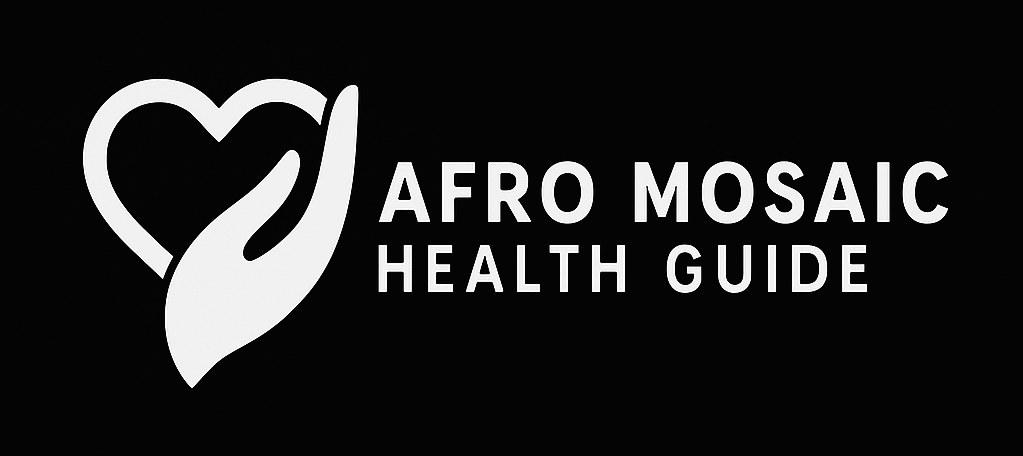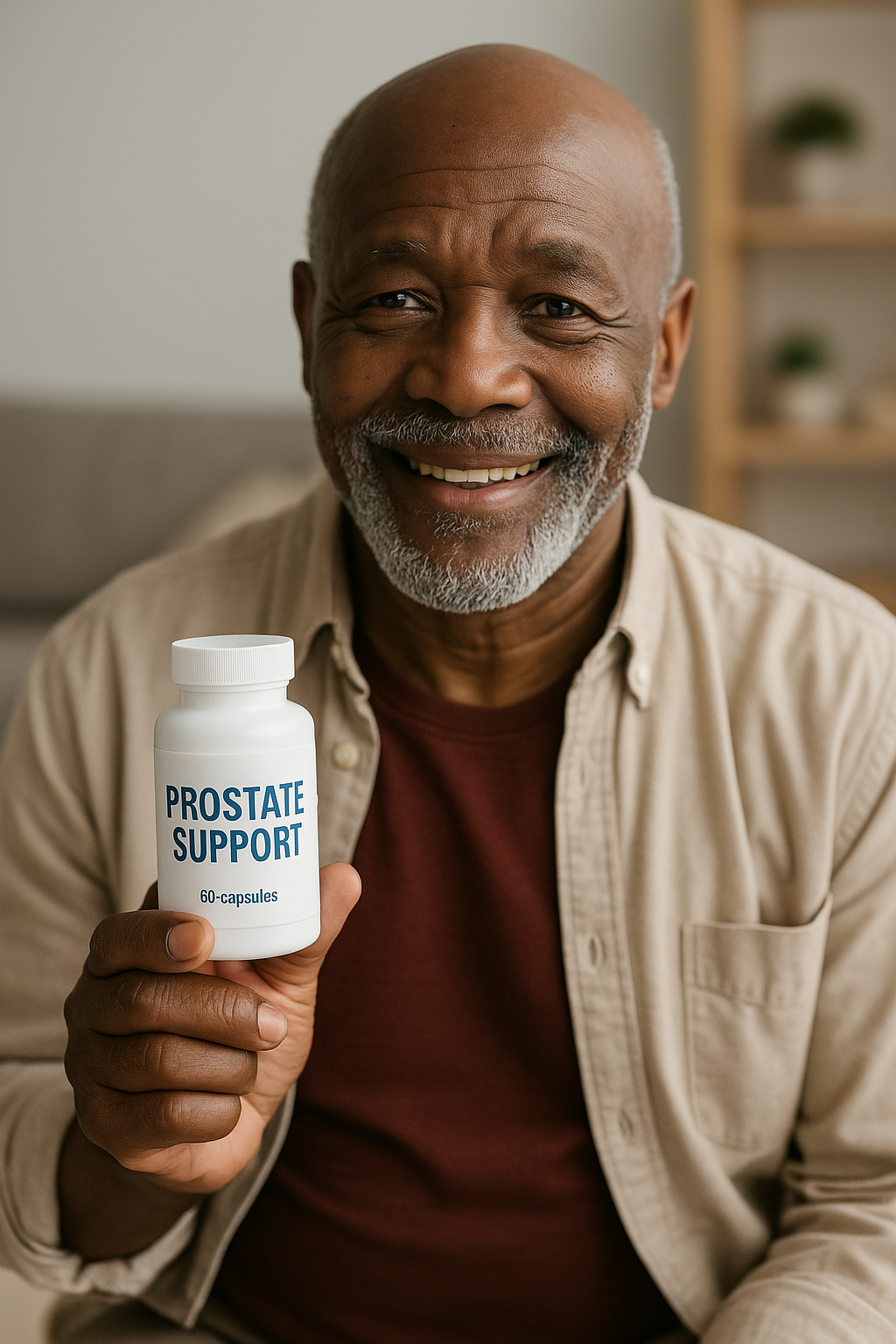Let’s talk, one-to-one. You want the truth, clear and simple. I’ll give it to you.
Black seniors in Canada carry heavy health risks—but they also carry strength, wisdom, and answers. The system isn’t always built for them, but their lives, stories, and choices still change outcomes. Therefore, this is a guide to what’s hurting us now and what we can do next—today.

1) High blood pressure and diabetes (the “silent twins”)
Hypertension (high blood pressure) often has no symptoms. It quietly harms the heart, kidneys, and brain. Nearly 1 in 4 Canadian adults live with hypertension, and risk rises with age. Statistics Canada
Black communities face higher rates of hypertension and diabetes than many other groups, which raises heart-disease and stroke risk later in life. PMC+1
Diabetes is common after 65; nationally, 27% of Canadians aged 65+ live with diagnosed diabetes. Canada.ca
“Race is an important determinant of health.” —Canadian Nurses Association. Canadian Nurses Association
What helps: Know your numbers (BP, A1C). Ask your doctor about home BP monitors and culturally appropriate nutrition plans. Community screening works.
2) Food costs → food insecurity → worse health
Food prices are squeezing seniors’ wallets. In 2023, 22.9% of people in the provinces lived in food-insecure households—the highest on record. Food insecurity is especially high among Black Canadians. PROOF+1
Poor access to healthy food worsens diabetes and blood pressure control. That’s not just about diet—it’s about income and access.
What helps: Community kitchens, food-box programs, grocery gift-card drives tied to primary care, and stronger income supports. (Policy works here.)

3) Extreme heat is deadly—for seniors most of all
Heat waves are no joke. A 2024 analysis found deaths rise during extreme heat in Canada’s largest cities, with 65+ at highest risk. Cities with more renters faced even higher risks—many Black seniors live in these areas. CityNews Toronto
Watch this short news clip on the data. Global News
What helps: Check local heat alerts, drink water, cool spaces mid-day, and create “phone trees” so no elder is alone during heat spikes.
4) Barriers inside the system
Black patients report racism and bias in care settings, which can delay diagnosis and reduce trust. A 2024 qualitative study in Montreal documents lived experiences of anti-Black racism in health care. BioMed Central
Canada’s nursing leaders say the same: racism drives inequity. Canadian Nurses Association
What helps: Bring a care partner to appointments. Ask for interpreters if language is a barrier. Request culturally competent providers when possible. File concerns—paper trails make change.
5) Lower incomes strain everything
Statistics Canada shows Black communities face higher inequality in health and housing access. That hits hard in later life—less savings, more rent burden, fewer choices. Statistics Canada
Encouragingly, new data show the gap in avoidable hospitalizations for Black men narrowed in 2023/24—progress worth building on. Statistics Canada
What helps: Benefits checks (federal/provincial), seniors’ dental/vision programs, transit discounts, and community legal clinics to unlock supports.

Your power moves (simple, practical, now)
- Know your numbers: Blood pressure, A1C, cholesterol. Track them. Share with your nurse or doctor. Statistics Canada+1
- Heat plan: Fan + water + cool room + daily check-in buddy during alerts. CityNews Toronto+1
- Food plan: Ask clinics or community orgs about food-box programs; they exist because they work. PROOF
- Speak up: If care feels disrespectful, say: “I’m concerned about bias affecting my care. Please note this in my chart.” (Then escalate if needed.) Canadian Nurses Association+1
“Health equity isn’t charity; it’s design.” (Policy perspective summarizing Canadian equity literature.) Online CJC
Sources you can read and watch now
Read (data & reports):
- Health of Canadians 2024 (Statistics Canada). Hypertension and chronic disease snapshots. Statistics Canada+1
- Snapshot of Diabetes in Canada 2023 (PHAC). Age 65+ prevalence = 27%. Canada.ca
- New Data on Food Insecurity (2023) (PROOF, U of T). Record-high household food insecurity. PROOF
- Food Insecurity and Black Canadians (Statistics Canada). Elevated rates among Black families. Statistics Canada
- Diversity of Black Populations in Canada (2024 StatCan). Inequities in health, housing, income. Statistics Canada
- Avoidable Hospitalizations among Racialized Groups (2025 StatCan). Gap narrowing for Black men. Statistics Canada
- Anti-Black Racism in Canadian Health Care (2024 study). Lived experiences in Montreal. BioMed Central
- Canadian Nurses Association: Racism in Health Care (position). Canadian Nurses Association
Watch (news clips):
- Deaths rise during extreme heat — Global News video explainer (2024). Global News
- “Exceptional heat wave” puts seniors at risk — CBC/YouTube segment. YouTube
Black seniors have survived much—and built more. The data shows risk, but your actions create safety. Therefore, let’s choose action: measure, plan, speak up, and support each other. This is how we turn danger into dignity—and statistics into victories.















